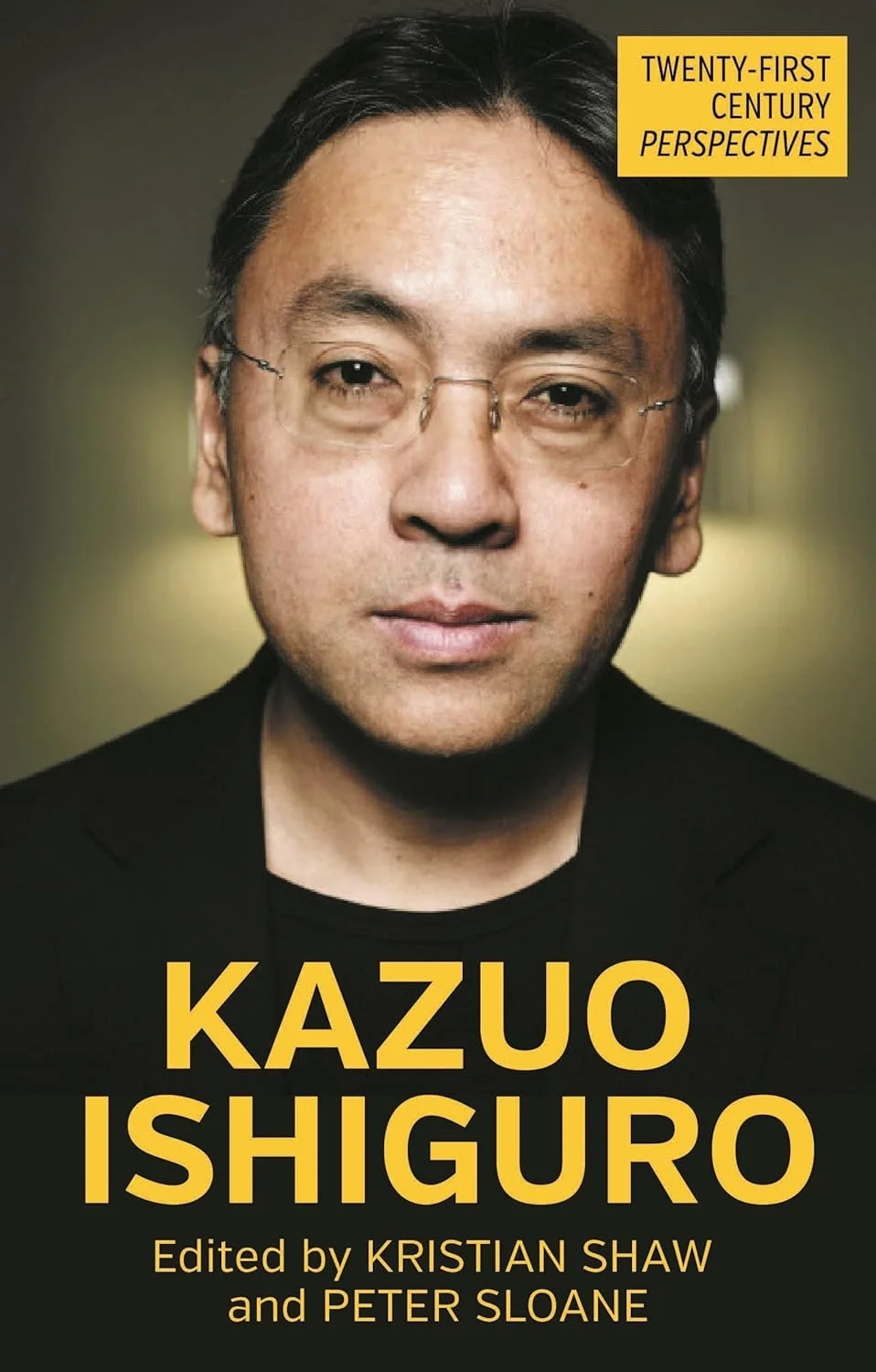The Nobel Prize in Literature 2017 was awarded to Kazuo Ishiguro "who, in novels of great emotional force, has uncovered the abyss beneath our illusory sense of connection with the world."
This is the first comprehensive study of the Japanese British author’s work since the award, critiquing all of his film, television, short fiction and novel writings.
With contributions from Ishiguro scholars, this book’s chapters are devoted to each of his major works, noting the thematic and stylistic connections within his oeuvre, both literary and filmic.
These chapters, in order of appearance, cover diaspora, trauma, spectrality in A Pale View of Hills, written by Emily Horton; eloquence and empathy in both A Pale View of Hills and An Artist of the Floating World, written by Cynthia F. Wong; political responsibility in The Remains of the Day, written by Sara Upstone; loneliness in The Unconsoled, written by Bruce Robbins; novel dysfunction in When We Were Orphans, written by Andrew Bennett; empathy and the ethics of posthuman reading in Never Let Me Go, written by Peter Sloane; haunted atmospherics in The Buried Giant, written by Kristian Shaw; agency, Hannah Arendt and forgiveness in Klara and the Sun, written by Robert Eaglestone.
There are also chapters on Ishiguro’s short story collection, Nocturnes, by Yugin Teo; Ishiguro’s film and TV scriptwriting by Anni Shen; and “Ishiguro's tempered presentational realism and practice” by Rebecca Karni.
